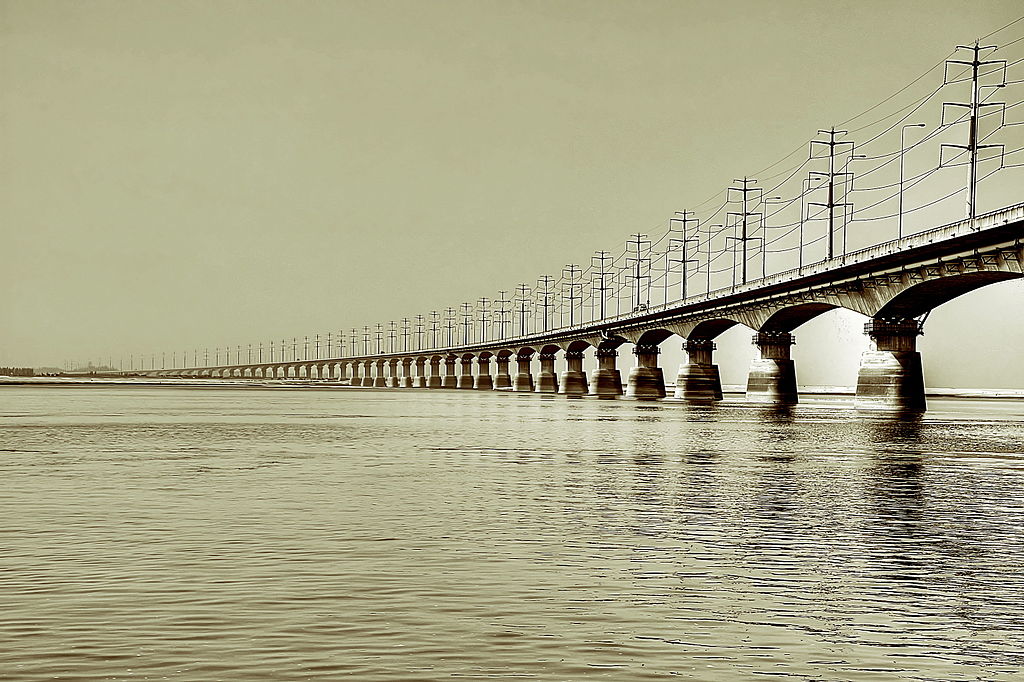
Have you ever wondered about the legal rules for hosting a website like Wikipedia? Did you know just before 2020, governments all over the world started updating the rules for hosting websites? If you’d like to learn more about what’s been happening with the legal rules around the world for keeping a large website up and running, I’ve released an essay on the topic: A changing legal world for free knowledge.
Website hosting is important for the Wikimedia movement because we’re a movement centered around an online project: Wikipedia. With millions of articles all written by volunteers, Wikipedia is as complex as it is unique. Hosting provides the baseline for this work because the website doesn’t function without the technology backend to handle all the billions of visitors. In many ways, hosting a website is somewhere in between curating one of the world’s largest libraries and running a restaurant so large that you can’t see everyone in it. This library-restaurant is full of stuff and people talking, and your job is to make sure the space is nice and organized for everyone. You must make sure things aren’t filed in the wrong places, and that nobody is so mad that they’re flinging the chairs around and making it impossible for everyone else to work and enjoy their time there. If that was not already a lot, the rules are shifting.
More and more of the world has shifted to having a life online, and there have been new and different problems that have led governments to changing the rules. For years, hosting a website for users was relatively passive as long as you handled copyright and very rare criminal issues appropriately. However, that has really started to change. Today, more and more countries around the world are asserting laws which apply broadly to websites accessible in that country, and the rules have expanded to include not only copyright but privacy and data protection for both the subjects being discussed online and the technology that makes the systems function. Moreover, many countries (both democratic and authoritarian) have increasingly been expanding efforts to censor online content in the name of public order.
The essay covers three areas in detail. The first is how more countries are deciding their laws apply to different websites and actually exerting their power to do so. The second is about some of the new areas of law affecting what content can be hosted on a website. And the last is about the more proactive legal work that now goes into technology and product design to comply with the myriad of new laws in place.
I hope you find this an interesting read and that it’s helpful for understanding the work that goes into keeping a website like Wikipedia online. If you’d like to learn more about the laws affecting the projects, our wikilegal space on Meta-wiki includes a number of different posts and short research articles over the last decade about specific areas of law that can be useful for online communities.

Can you help us translate this article?
In order for this article to reach as many people as possible we would like your help. Can you translate this article to get the message out?
Start translation